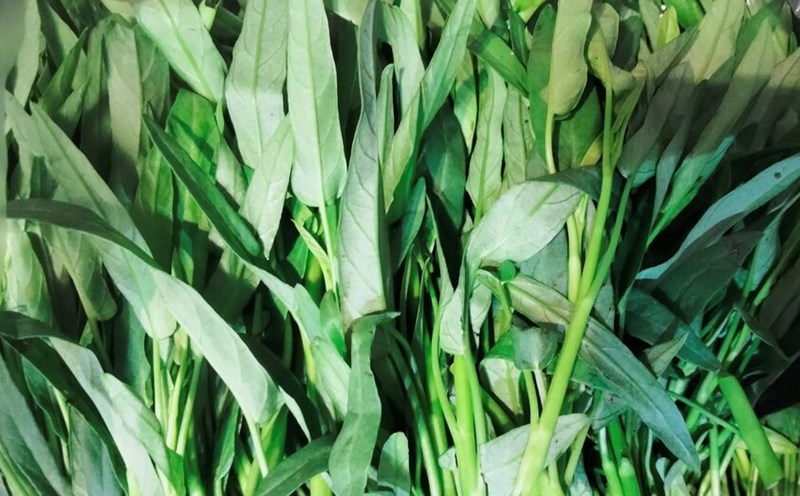Onions are a food chosen to supplement the diet of people with high blood fat. This is a food rich in flavonoids, especially quercetin - a powerful antioxidant that can improve blood lipids.
According to a study published in the Journal of Nutrition, quercetin in onions can reduce total cholesterol and LDL-cholesterol (bad cholesterol) in the blood, thereby reducing the risk of atherosclerosis.
However, the way onions are prepared has a great impact on their effectiveness in reducing blood fat. The World Health Organization recommends using onions fresh or lightly cooked. High temperatures when fried or toasted for too long can break down flavonoid compounds, especially quercetin, reducing biological efficiency.
When cooked at 120130°C for a short time (quick-saute or steamed), onions will retain up to 70% of the quercetin content, while deep-fried at high temperatures will lose more than 50% of this active ingredient.
In addition, onions combined with healthy fats such as olive oil also help increase the absorption of dissolved active ingredients in the oil.
Therefore, to optimize the effectiveness of reducing blood fat, experts recommend using onions in the following ways: Eat raw in salads, soak vinegar or steam/s motorly stir-fry. At the same time, you should limit fried, grilled or processed dishes that are too long.
Onions are a food that helps control blood fat if prepared properly. Applying the right cooking method not only helps preserve precious active ingredients but also effectively supports the prevention of cardiovascular disease and blood lipid disorders











